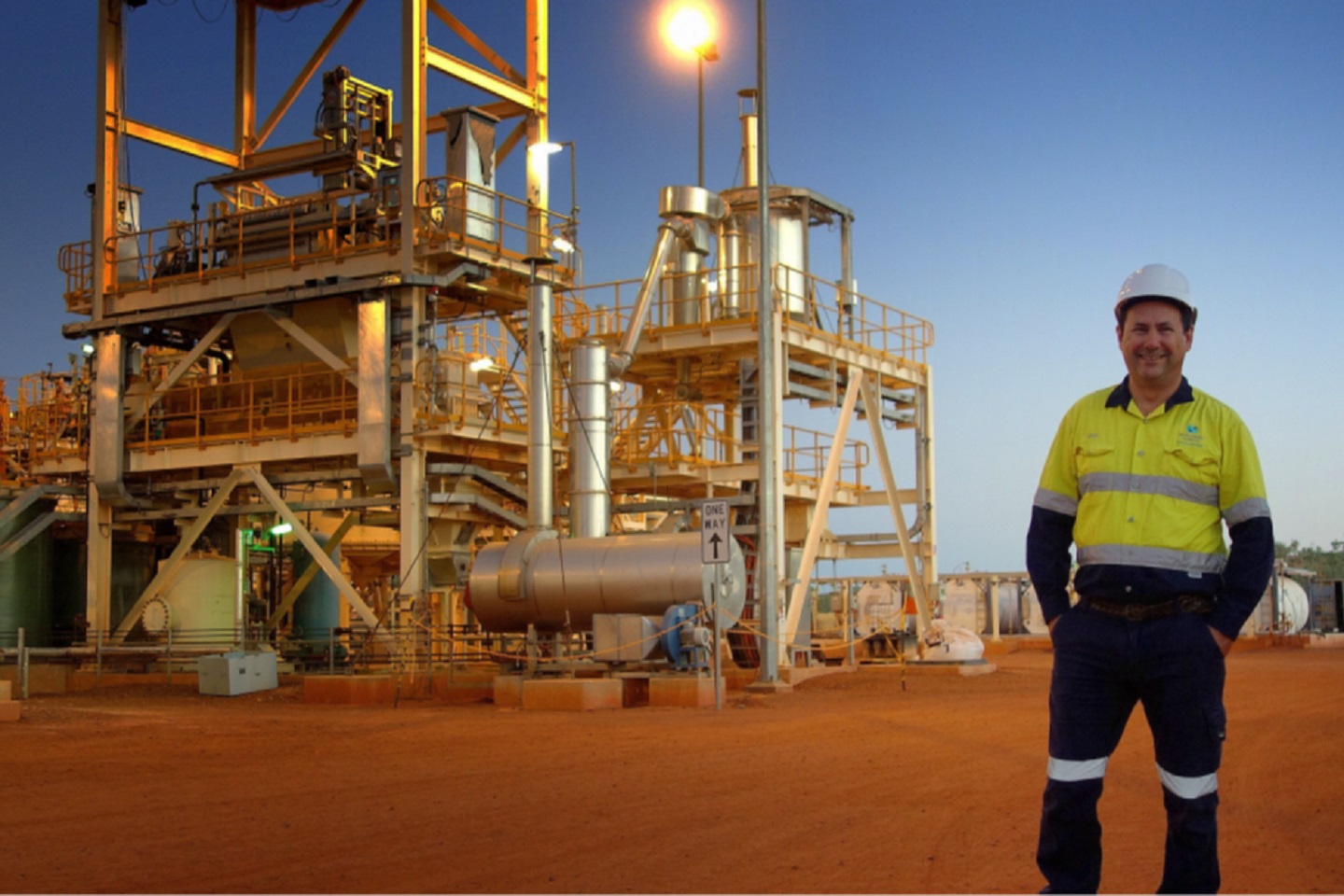Northern Minerals has tabled a 47 per cent increase to its Wolverine deposit mineral resource near Halls Creek in WA that now sits at 6.44 million tonnes at 0.96 per cent total rare earth oxide for 61,492 tonnes of TREO. The update follows an independent review by mining consultancy group CSA Global


Northern Minerals has tabled a 47 per cent increase to the mineral resource estimate at its Wolverine rare earths deposit near Halls Creek in WA after an independent review helmed by mining consultancy CSA Global.
The resource now stands at 6.44 million tonnes going 0.96 per cent total rare earth oxides or “TREO” for 61,492 tonnes of contained TREO.
Northern Minerals has earmarked Wolverine as the jewel in the crown of its larger Browns Range project given its high concentration of sort after “heavy” rare earths such as dysprosium and terbium – both crucial ingredients in the production of electric vehicles and wind turbines.
Recent drilling at Wolverine returned a host of notable intercepts, including 28.6m at 4.06 per cent TREO from 480m. The company says many of its higher-grade intercepts trend north west and are yet to be closed off at depth.
The deposit boasts an average dysprosium and terbium grade of 0.83 kg/tonne and 0.12 kg/tonne respectively.
According to the explorer, CSA Global churned out the updated figure following the inclusion of additional drilling data, a rebuild of the geological model associated with the deposit and a detailed structural analysis.
The new results flow into an updated mineral resource for the larger Browns Range project which now stands at 10.81 million tonnes at 0.76 per cent total rare earth oxides for 81,450 tonnes of TREO.
Northern Minerals’ Executive Chairman, Nicholas Curtis said:“The upgrade in Wolverine resource is highly encouraging for the project and reinforces the project as one of the world’s most exciting new sources of dysprosium and terbium, which are critical metals in a low carbon future increasingly reliant on rare earth permanent magnetic electric motors.”
According to management, the updated estimate at Wolverine will form the core of a proposed definitive feasibility study that will evaluate the economics of a full-scale beneficiation plant at Browns Range.
To date, only a handful of heavy rare earths processing facilities exist worldwide and notably all are located in China – along with most of the processing smarts.
Whilst the mining and processing of “light” rare earths already occurs in Australia, Northern is something of a pioneer when it comes to the much harder to find “heavy” rare earths such as dysprosium.
Through its multi-million dollar pilot plant at Browns Range, Northern Minerals is building an enviable knowledge bank when it comes to the mining and processing of heavy rare earths and will be well placed to eventually transition into a full scale plant when the time comes.
Demand for the rare earths, particularly dysprosium and terbium, is at an all-time high following given the fever pitch that currently abounds around “green energy” and the electric vehicle revolution.
Recent studies suggest the shift to low-carbon energy solutions could drive demand for rare earths to over 304,000 metric tonnes per year, about 100,000 tonnes over today’s requirements – and Northern looks well placed to ride that wave as it rapidly develops the skills and knowledge to run a heavy rare earths processing plant.
Is your ASX-listed company doing something interesting? Contact: matt.birney@businessnews.com.au












